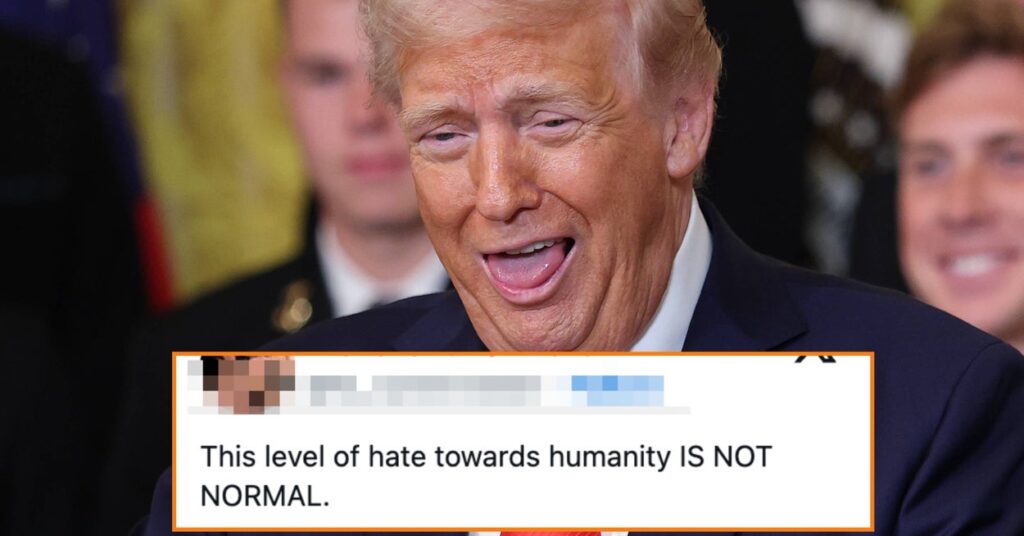Political Rhetoric and Immigration: A Recent Overview
Context of Recent Political Discourse
Recent statements from political figures have sparked discussions regarding immigration policies and their implications during culturally significant times such as Christian holidays. Prominent among these discussions is the impact of such rhetoric on perceptions of crime and legality in immigration.
Rhetorical Strategies in Political Speech
A notable aspect of political discourse has been the use of derogatory terms to describe opposing parties. For instance, former President Donald Trump labeled Democrats as “madmen,” attempting to frame their policies and motivations in a negative light.
This exchange of accusations has historical roots, as evidenced by Trump’s past reactions to being labeled by former Secretary of State Hillary Clinton when she referred to some of his supporters as “deplorable.”
Claims About Immigration Policies
Trump’s rhetoric has also included assertions that Democratic leaders are advocating for the return of individuals with criminal backgrounds to the U.S. This claim appears to reference the case of Kilmer Abrego Garcia, a resident of Maryland whose history shows no criminal activity. The Supreme Court has ruled in favor of promoting Garcia’s release and return, indicating that the narrative surrounding his deportation may require reevaluation.
Election Myths and Public Sentiment
Trump’s political messaging includes allegations concerning election integrity, further fueling existing divisions. Interestingly, in a moment of potential unity, the former president referenced the upcoming Easter holiday, juxtaposing seasonal themes of renewal with his critical view of his opponents.


